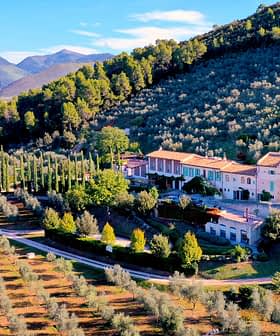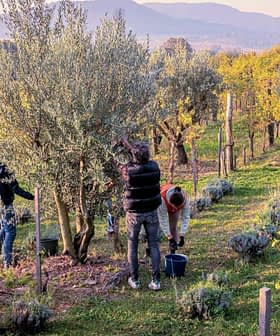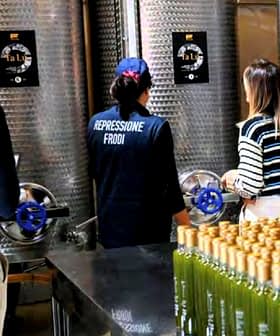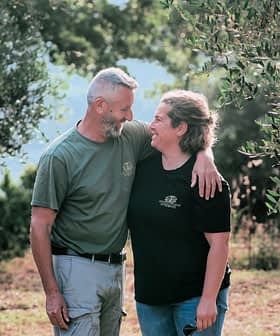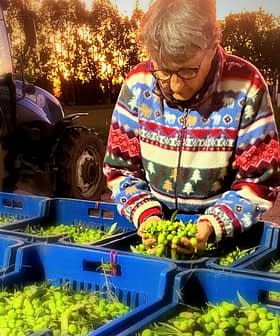 6.4K reads
6.4K readsNews Briefs
Italy Launches 'Land Generation' Initiative to Foster Generational Change in Farming
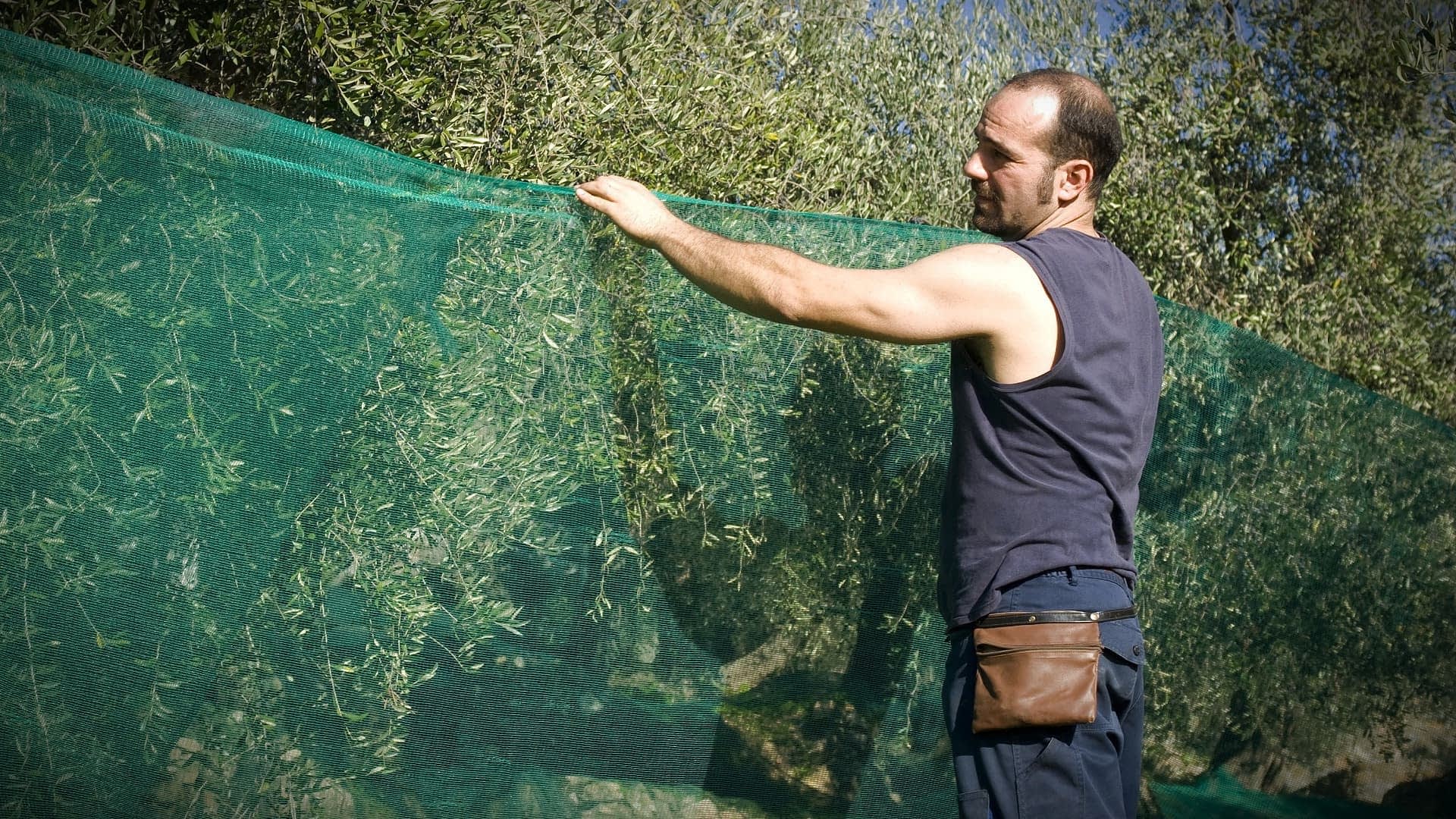
Ismea has launched the “Land Generation” initiative in Italy to support young farmers by providing state land loans for experienced farmers under 41 to purchase land worth €1.5 million or less, with an additional €70,000 bonus available for newly formed farming companies to reduce loan payments. The initiative also targets inexperienced farmers under 35, offering loans for agronomic degrees and formal registration as farmers, with Ismea support not exceeding €500,000. The program aims to address the decline in Italian farms and encourage generational change in agriculture to boost innovation and adapt to new market dynamics and the climate crisis.
A new initiative aimed at supporting young farmers in Italy and fostering generational change has been launched by the Italian Institute of Services for the Agricultural and Food Market (Ismea).
The “Land Generation” initiative will fund state land loans for experienced farmers under 41. The loans will help farmers purchase land worth €1,5 million or less.
To be approved, farmers must show that the loans will either help expand their current activities or fund new farming companies.
On top of that, the initiative provides a €70,000 bonus to newly formed farming companies. Farmers will be allowed to use the bonus to reduce the amount of their monthly loan payments. In the program, the loan duration cannot exceed 30 years.
The initiative also targets inexperienced farmers under 35. These loans will enable agronomic degrees and formal registration as farmers. It is hoped that the loans will allow younger generations to start new projects and buy needed farmland. For inexperienced farmers, Ismea support will not exceed €500,000.
See Also:Business Italy Prepares to Sell 800 Farms to Young FarmersIsmea has specified that the “Land Generation” initiative will cost €60 million, with an additional €40 million needed to cover the €70,000 bonuses.
In a note, Ismea specified that farming companies would be considered young when their legal administrator is a registered farmer under 41. To be eligible for funds, the company’s majority owners must have been under 41 for at least two years before their application.
The new Ismea program comes on the heels of several initiatives enacted by the Italian government to boost a generational change in agriculture.
Such change is needed to accelerate innovation in the farming sector and to further the adoption of new methods and strategies that can better cope with the climate crisis.
According to Ismea, the reality of Italian farms has been changing in recent years as small farms faced the growing pressure of new market dynamics. Many family-owned businesses have been incorporated into larger companies.
A recent report by the public agency showed that between 2010 and 2020, the number of Italian farms dropped from 1.6 to 1.1 million. This trend started four decades ago but has accelerated in the last decade.
Olive companies’ numbers have also dropped. The olive farming sector has seen a reduction of 11.5 percent in the last decade, with currently just under one million hectares farmed.
A single individual manages ninety-seven percent of olive farms, and farmers under 40 direct only five percent of modern olive oil companies.
Ismea specified that new initiatives, such as “Land Generation,” are allowed by current European regulations governing state subsidies for local companies.
Young farmers interested in the new initiative must submit their applications by June 30th, 2023.



